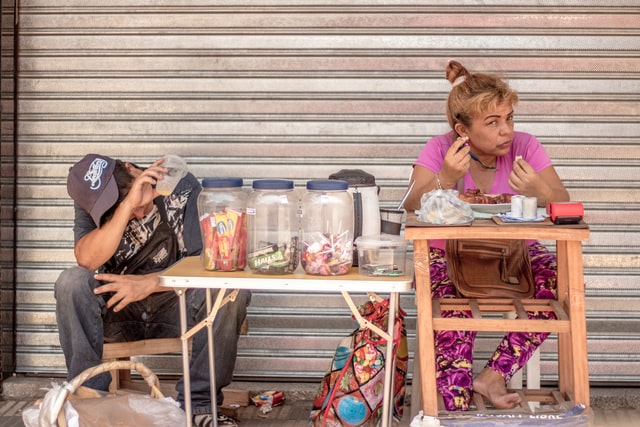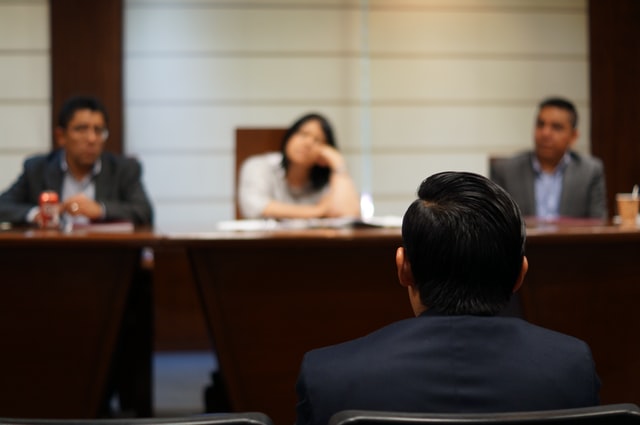
Embedded in the centre of Latin America, Paraguay plays a major role as an origin and transit country for human trafficking. The country’s economy has grown significantly over the past years, sadly little of this prosperity has reached everyday people. Thousands of people still live in extreme poverty. For many there is still a crushing lack of opportunity. Especially in rural areas. Huge monoculture soy plantations rake in bountiful export profits. Despite this, many families are not able to feed their children.
TARGETING THE WEAKEST MEMBERS OF SOCIETY
Members of the indegenous population are especially vulnerable to the false promises of traffickers and are at risk of falling into the trap. Children from poor areas are particularly susceptible to abduction. The victims – whether minors or adults – are then often sold across international borders to perform forced labour or sexual services. The destination countries for those being trafficked are mainly Brazil, Bolivia and Chile however, it is not uncommon for those affected to be transported over long distances and end up in places such as France, Italy, South Korea or Japan.
60 to 70 percent of those trafficked in Paraguay are minors. According to a statement from public prosecutors, 45,000 girls who had been sexually exploited during the past ten years were under the age of 13. Experts question these numbers and estimate that the actual number of cases might be twice or three times as high as official figures.
FALSE PROMISES AS BAIT
As in other countries girls and young women in Paraguay are lured away from their homes with the promise of a better future. Often it is the promise of a lucrative job – with this job, victimis initially hope to be able to support their families financially and lay the foundation of a life in prosperity for themselves.
Reality then often really hits home especially hard. At their destination, their passports are taken from them, they are locked away and enslaved. Many of them are forced into prostitution or are forced to work as seamstresses in sweat shops. Some girls try to escape. But only a few succeed.
THE PROBLEM: A LACK OF PREVENTION AND CORRUPTION

Paraguay’s politicians have little interest in this problem. When people involved in human trafficking staff in the upper levels of the power, investigations usually hit dead ends quickly. This situation also means that minors are able to cross international borders without documents and without intervention from law enforcement services. Those affected, who are able to free themselves from forced labor or prostitution, hardly ever turn to the justice system for retribution. They know that everyday people cannot expect any help from it.
All of this points to the existence of powerful networks that are characterized by corruption and complete indifference to people’s suffering. In addition, there are no institutions charged with providing protection for the victims. To compound matters further, politicians seem to have no interest in fighting poverty in the country.
ONLY A SINGLE WOMEN’S SHELTER IN THE WHOLE COUNTRY
Across the country there is only one shelter near Asunción. This shelter has existed since 2015 and is supported by the women’s order Nuestra Señora de la Caridad del Buen Pastor. In addition to this the shelter receives some financial aid from the Latin America focussed aid organisation Adveniat.
Nuns, social workers and psychologists try to help the victims of human trafficking and prostitution to deal with their past and thier traumas. They offer a variety of courses to teach skills that will make it easier for victims to reintegrate into society. One of the most important things however remains to build trust of victims and give them back their self-esteem and feelings of self worth.
